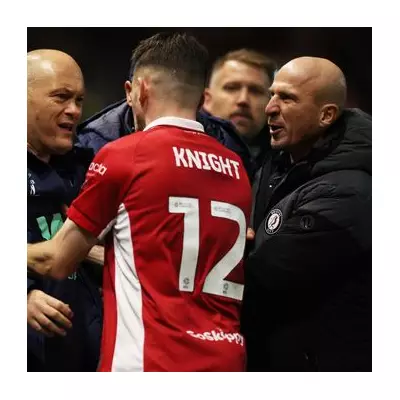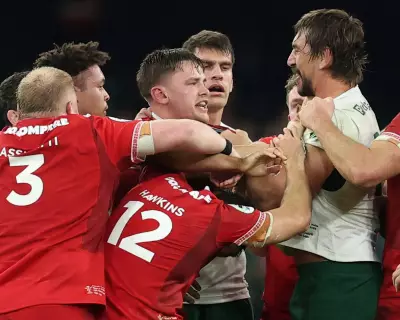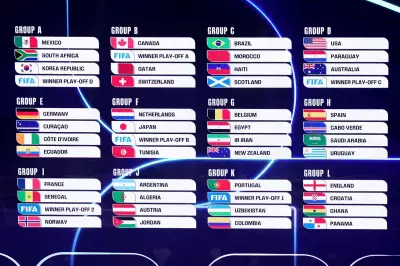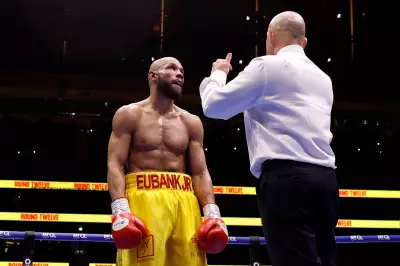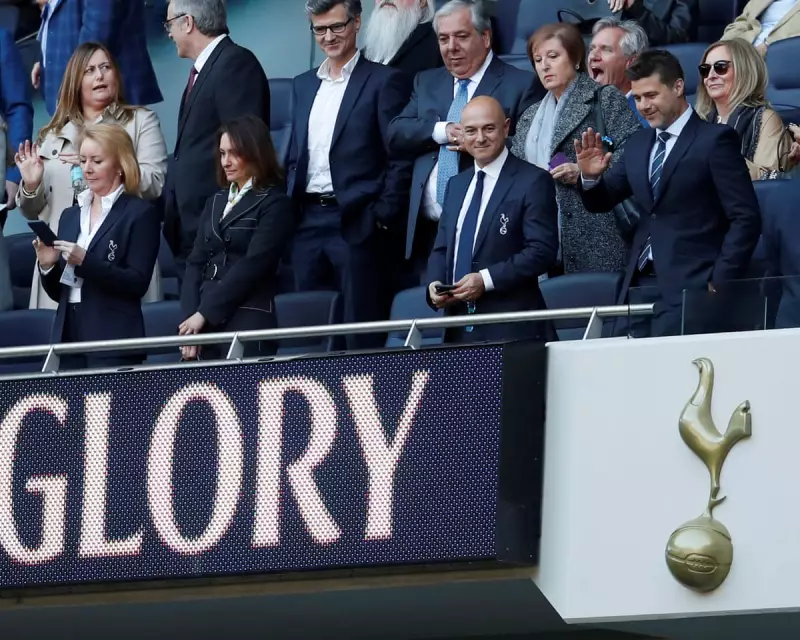
When Daniel Levy assumed control of Tottenham Hotspur in 2001, few could have predicted the relentless managerial merry-go-round that would define his tenure. The notoriously demanding chairman has developed a reputation for his ruthless approach to hiring and firing managers, creating what many describe as the most challenging leadership position in English football.
The statistics speak volumes: an astonishing thirteen permanent and caretaker managers have passed through the White Hart Lane doors during Levy's reign. This revolving door policy has left many questioning the stability and long-term vision at the club.
The Graham Legacy and Levy's Early Years
George Graham, the experienced former Arsenal manager, was among Levy's earliest appointments. His tenure set the tone for what was to come - brief stints followed by abrupt departures. Graham's exit marked the beginning of a pattern that would become familiar to Spurs supporters: promising starts followed by disappointing conclusions.
Levy's approach has been characterized by what insiders describe as a "hire-and-fire" mentality. The chairman maintains an office at the training ground, keeping a close watch on daily operations and maintaining what some former staff members call an uncomfortably hands-on approach.
The Sherwood Situation: A Modern Case Study
Tim Sherwood's recent departure exemplifies Levy's management style. Despite being offered an 18-month contract, Sherwood found himself out of favor after just six months. His public criticisms of the club's transfer policy and overall direction ultimately sealed his fate.
What makes Sherwood's case particularly interesting is the apparent disconnect between his on-field results and Levy's decision-making. Sherwood achieved the highest points-per-game ratio of any Spurs manager during the Premier League era, yet this statistical success wasn't enough to secure his position.
The Bigger Picture: Stability vs. Ambition
Levy's defenders point to the club's financial growth and infrastructure development under his leadership. The state-of-the-art training facility and ongoing stadium developments demonstrate long-term planning that contrasts sharply with the short-term managerial appointments.
However, critics argue that this constant upheaval in the technical area prevents the club from establishing the consistent football philosophy enjoyed by their top-four rivals. The question remains: can Tottenham truly compete at the highest level without giving a manager time to implement their vision?
As Tottenham continues its search for the next permanent manager, the football world watches with keen interest. Will Levy break from tradition and offer the next appointment the time and patience needed to build something lasting? Or will the managerial merry-go-round continue to spin at its relentless pace?
One thing is certain: managing Tottenham Hotspur remains one of the most precarious positions in football, with Daniel Levy holding the ultimate power over who stays and who goes.

